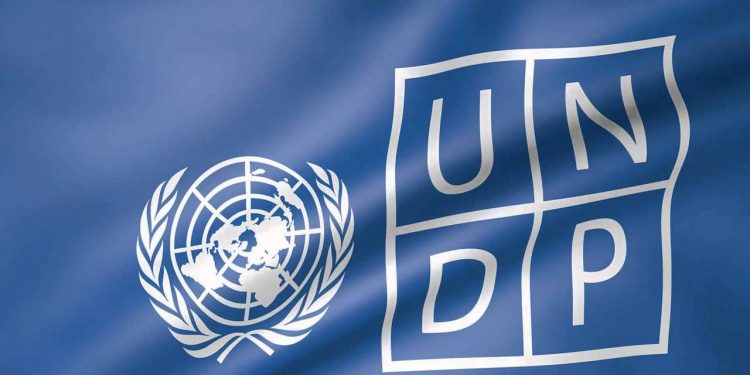About 470 Micro, Small, and Medium Enterprises (MSMEs) across Nigeria are set to benefit from the Global Environment Facility Small Grants Program (GEF-SGP), implemented by the United Nations Development Programme (UNDP) through the International Trade Facilitators Association (ITFA).
The initiative, under the Support to Potential and Existing Nature-Positive MSMEs (SPENM) programme, targets entrepreneurs and innovators who are committed to creating positive environmental and social impact while building sustainable businesses.
The announcement was made during the Northwest Geo-Political Zone workshop in Kano, part of a 36-state rollout designed to empower MSMEs with resources, tools, and mentorship to sustain and scale their businesses beyond initial grant funding.
Collins Ezeiruaku, Trade Ambassador of ITFA, emphasized that SPENM is designed to transform NGOs and small businesses into thriving social enterprises that continue to generate impact after grants expire.
“We are here to support potential and established nature-positive MSMEs across Nigeria. Many NGOs are doing incredible work in their communities, but once grant funding stops, operations often fold. This programme provides the tools to sustain impact and grow businesses beyond one generation,” he explained.
The SPENM model is built on three pillars – People, Planet, and Profit – with a focus on:
Profitability – equipping MSMEs to generate sustainable income
Market Access – connecting enterprises to local and international markets
Certification – helping businesses secure international certifications for global competitiveness
Ezeiruaku noted that many Nigerian small businesses lack the certifications needed to access international markets, stressing that standardization and ethical compliance are key to capturing global opportunities in the age of digital trade.
The programme is being implemented in collaboration with Federal and State Governments under the “One State, One Product” initiative, with state committees on export promotion nominating participants.
“We have written to all state governors to nominate participants for this programme. The Federal Government, through the Nigerian Export Promotion Council (NEPC), is also fully involved. Our goal is to ensure each participant leaves with a tested and practical business model, supported by mentorship and market linkages,” Ezeiruaku added.
Workshops across the six geo-political zones are expected to equip participants with practical strategies to:
Transform grants into long-term social enterprises
Integrate ethical and fair-trade practices
Access local and international markets through the ITFA directory
Gain business visibility and international competitiveness
Rose Agbo, Programme Support to the National Coordinator of UNDP GEF-SGP, highlighted that the initiative goes beyond compliance to empower MSMEs for environmental and economic resilience.
“This is about leveraging ethical practices to access new markets, build consumer trust, and gain a competitive edge, all while making a tangible environmental impact,” she said.
Participants will also benefit from mentorship, tailored business models, and practical implementation plans to ensure their enterprises outlive initial funding and contribute to Nigeria’s green economy agenda.
With this programme, Nigeria’s MSME ecosystem is poised to produce globally competitive, nature-positive enterprises, contributing to sustainable development, climate action, and inclusive economic growth.










